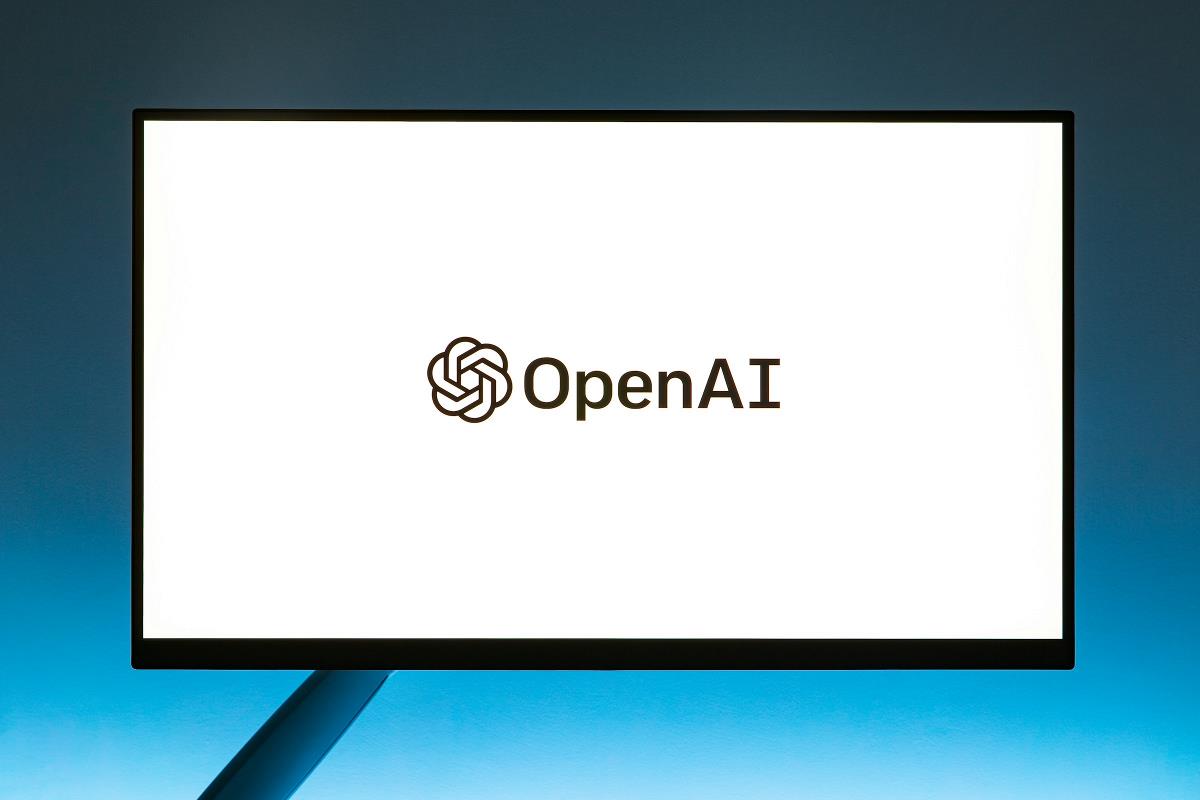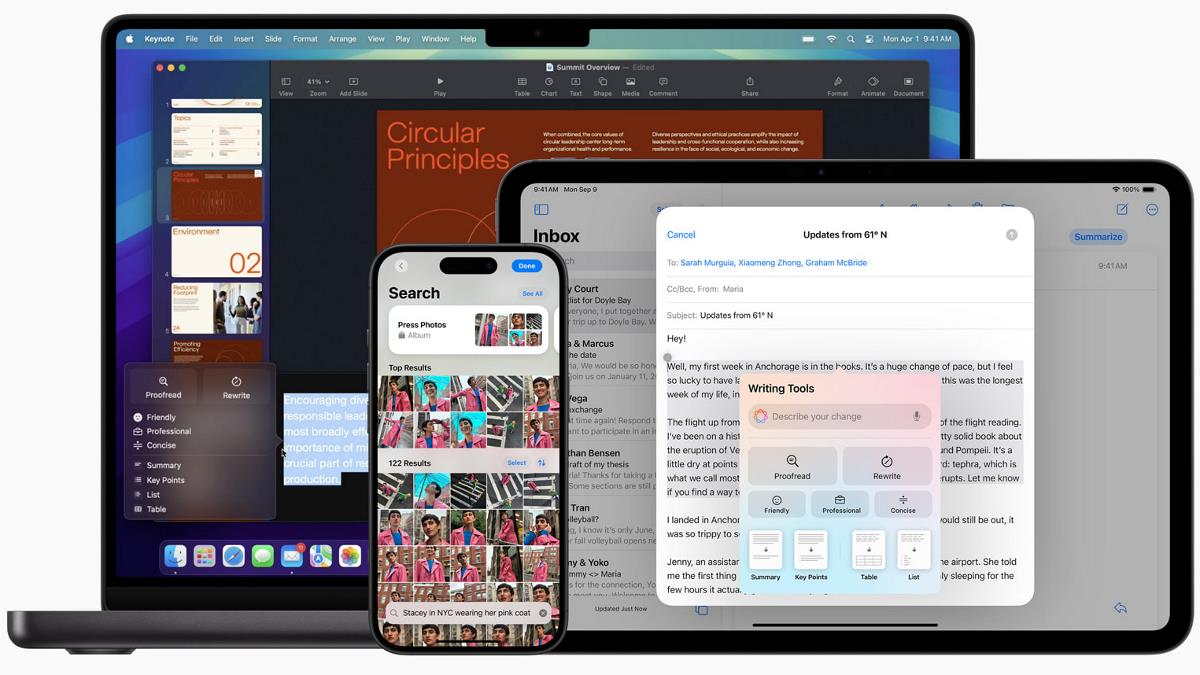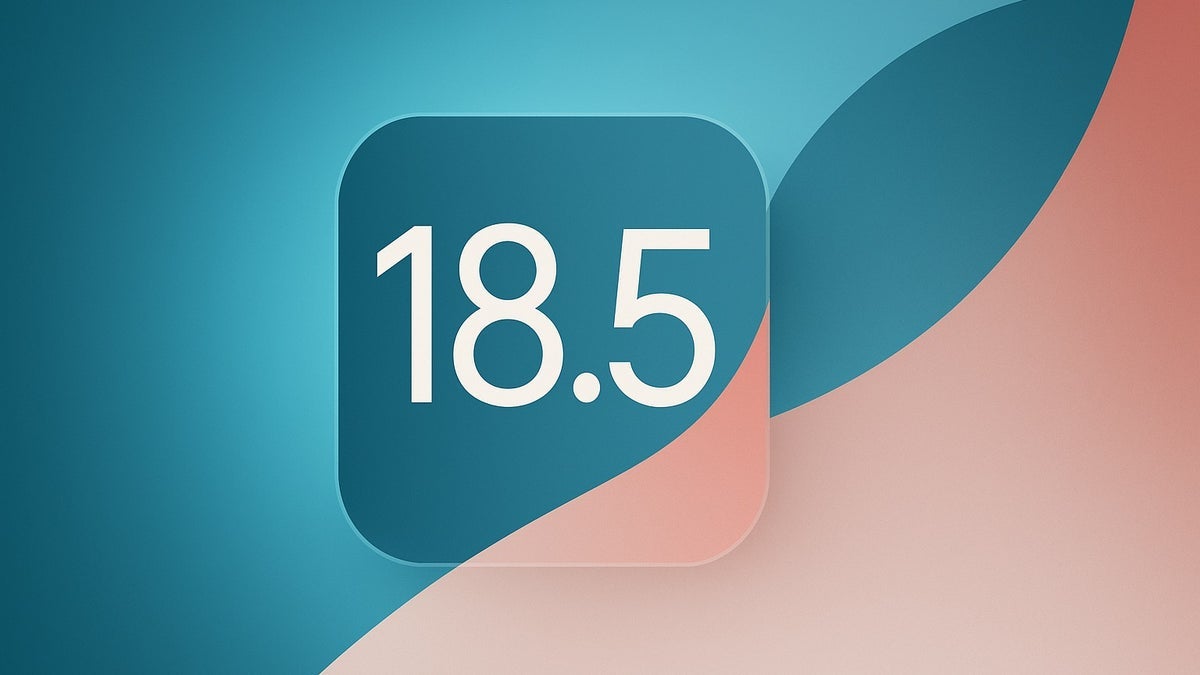My Journey with ISTQB® Foundation Level Certification
Introduction In the fast-evolving world of software development and quality assurance, staying updated with standardized best practices is essential. Recently, I took a step toward strengthening my QA foundation by earning the ISTQB® Certified Tester – Foundation Level (CTFL) certification. This blog post outlines my motivation, learning experience, and key takeaways from this certification. Why I Chose ISTQB Foundation Level The ISTQB Foundation Level is globally recognized and designed for professionals who want to build a solid understanding of software testing principles. Whether you're new to testing or have hands-on experience, this certification bridges the gap between practical skills and theoretical knowledge. My goals were: To formalize my understanding of software testing concepts. To align with international standards and terminology. To become more effective in test planning, design, and execution. What the Certification Covers The curriculum is comprehensive and includes the following areas: Fundamentals of Testing Purpose and principles of testing The psychology of testing Testing Throughout the Software Development Lifecycle Testing in various models (Agile, Waterfall, V-Model) Integration of testing activities Static Testing Techniques Reviews and walkthroughs Benefits of static analysis Test Design Techniques Black-box techniques (Equivalence Partitioning, Boundary Value Analysis) White-box techniques (Statement and Decision testing) Test Management Planning, estimating, and monitoring testing Risk-based testing Tool Support for Testing Types of tools (test management, defect tracking, automation) Benefits and risks of using tools Key Learnings & Benefits Better Test Design: I can now confidently apply various design techniques to write more effective and efficient test cases. Clearer Communication: Using standard terminology improves communication across QA and development teams. Process Improvement: I’ve learned structured approaches to test planning, prioritization, and risk analysis. Career Growth: It adds credibility to my profile and opens the door for more advanced certifications like Agile Tester, Test Analyst, and Test Automation Engineer. Tools I Use Alongside This Knowledge As a QA professional, I’ve been combining this theoretical foundation with practical tools like: Playwright – for end-to-end automation Bruno – for API testing Appium – for mobile automation testing Jira, GitLab, and CI/CD – for test management and integration The certification helps me apply structured testing approaches even more effectively across these tools and workflows. What’s Next? Learning never stops! I plan to explore: ISTQB Agile Tester Extension Advanced Level Test Analyst Certification Improving automation coverage in CI/CD Monitoring and continuous feedback integration Final Thoughts The ISTQB Foundation Level certification has enhanced my understanding and approach to software testing. Whether you're an aspiring tester or a working QA engineer looking to strengthen your fundamentals, I highly recommend this certification. It not only validates your skills but also improves the quality of work you deliver. If you have questions or want guidance on preparing for ISTQB, feel free to reach out or drop a comment below!
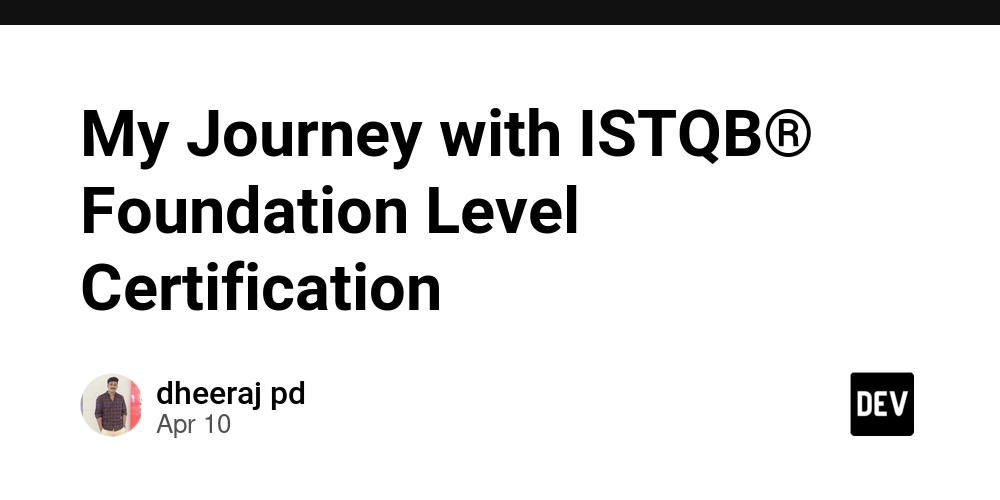
Introduction
In the fast-evolving world of software development and quality assurance, staying updated with standardized best practices is essential. Recently, I took a step toward strengthening my QA foundation by earning the ISTQB® Certified Tester – Foundation Level (CTFL) certification.
This blog post outlines my motivation, learning experience, and key takeaways from this certification.
Why I Chose ISTQB Foundation Level
The ISTQB Foundation Level is globally recognized and designed for professionals who want to build a solid understanding of software testing principles. Whether you're new to testing or have hands-on experience, this certification bridges the gap between practical skills and theoretical knowledge.
My goals were:
- To formalize my understanding of software testing concepts.
- To align with international standards and terminology.
- To become more effective in test planning, design, and execution.
What the Certification Covers
The curriculum is comprehensive and includes the following areas:
Fundamentals of Testing
- Purpose and principles of testing
- The psychology of testing
- Testing Throughout the Software Development Lifecycle
- Testing in various models (Agile, Waterfall, V-Model)
Integration of testing activities
- Static Testing Techniques
- Reviews and walkthroughs
- Benefits of static analysis
Test Design Techniques
- Black-box techniques (Equivalence Partitioning, Boundary Value Analysis)
- White-box techniques (Statement and Decision testing)
Test Management
- Planning, estimating, and monitoring testing
- Risk-based testing
- Tool Support for Testing
- Types of tools (test management, defect tracking, automation)
- Benefits and risks of using tools
Key Learnings & Benefits
- Better Test Design: I can now confidently apply various design techniques to write more effective and efficient test cases.
- Clearer Communication: Using standard terminology improves communication across QA and development teams.
- Process Improvement: I’ve learned structured approaches to test planning, prioritization, and risk analysis.
- Career Growth: It adds credibility to my profile and opens the door for more advanced certifications like Agile Tester, Test Analyst, and Test Automation Engineer.
Tools I Use Alongside This Knowledge
As a QA professional, I’ve been combining this theoretical foundation with practical tools like:
- Playwright – for end-to-end automation
- Bruno – for API testing
- Appium – for mobile automation testing
- Jira, GitLab, and CI/CD – for test management and integration
The certification helps me apply structured testing approaches even more effectively across these tools and workflows.
What’s Next?
- Learning never stops! I plan to explore:
- ISTQB Agile Tester Extension
- Advanced Level Test Analyst Certification
- Improving automation coverage in CI/CD
- Monitoring and continuous feedback integration
Final Thoughts
The ISTQB Foundation Level certification has enhanced my understanding and approach to software testing. Whether you're an aspiring tester or a working QA engineer looking to strengthen your fundamentals, I highly recommend this certification. It not only validates your skills but also improves the quality of work you deliver.
If you have questions or want guidance on preparing for ISTQB, feel free to reach out or drop a comment below!












































































































































































![[The AI Show Episode 144]: ChatGPT’s New Memory, Shopify CEO’s Leaked “AI First” Memo, Google Cloud Next Releases, o3 and o4-mini Coming Soon & Llama 4’s Rocky Launch](https://www.marketingaiinstitute.com/hubfs/ep%20144%20cover.png)


















































































































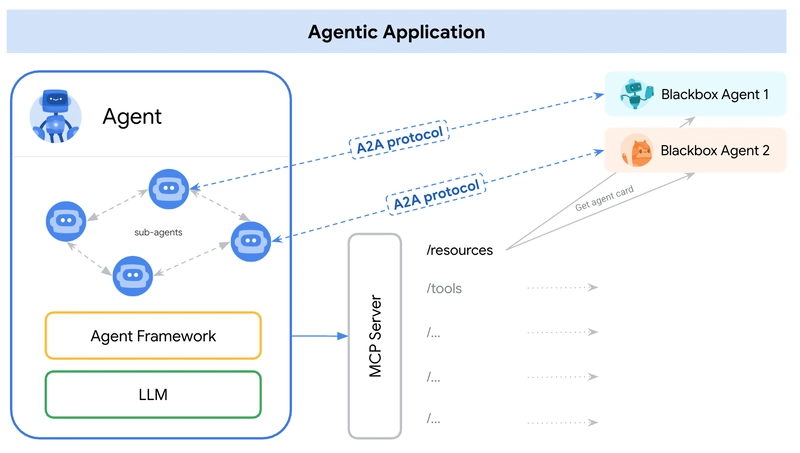

















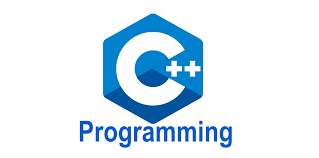













































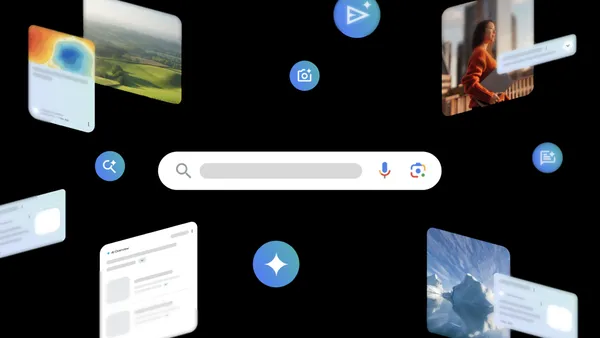

![Rogue Company Elite tier list of best characters [April 2025]](https://media.pocketgamer.com/artwork/na-33136-1657102075/rogue-company-ios-android-tier-cover.jpg?#)





























































































.webp?#)



























































































![Here’s the first live demo of Android XR on Google’s prototype smart glasses [Video]](https://i0.wp.com/9to5google.com/wp-content/uploads/sites/4/2025/04/google-android-xr-ted-glasses-demo-3.png?resize=1200%2C628&quality=82&strip=all&ssl=1)














![New Beats USB-C Charging Cables Now Available on Amazon [Video]](https://www.iclarified.com/images/news/97060/97060/97060-640.jpg)

![Apple M4 13-inch iPad Pro On Sale for $200 Off [Deal]](https://www.iclarified.com/images/news/97056/97056/97056-640.jpg)




















